1. Slow Loris
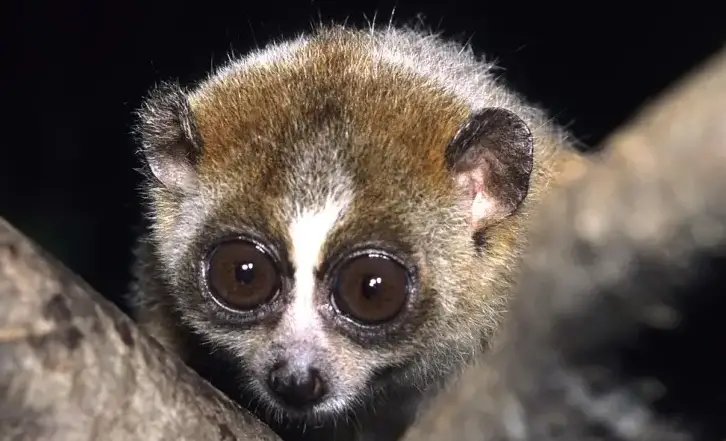
With their big, expressive eyes, slow lorises are undeniably charming. However, they have a venomous bite and are a protected species in many places, making them illegal to keep as pets in most areas.
2. Capybara
The world’s largest rodent has a friendly nature, but their size, social needs, and love for water make them hard to keep indoors. Capybaras need plenty of space, companionship, and a big pool, so they’re happier in large outdoor enclosures.
3. Sugar Glider
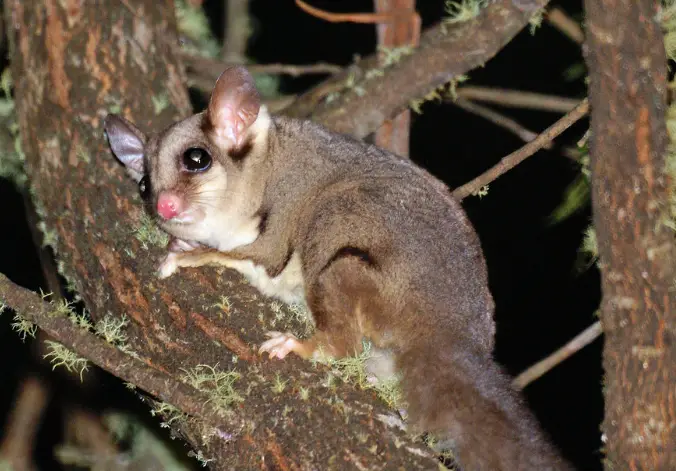
These small marsupials are undeniably cute but are nocturnal, high-energy, and bond best with owners who can spend hours with them daily. Their diet, social needs, and tendency to glide all over the house make them tough for most pet owners.
4. Serval

With their long legs and spotted coats, servals look like mini leopards. However, their wild behavior—like spraying, scratching, and the urge to hunt—means they’re not exactly housecat material and require plenty of outdoor space.
5. Burmese Python
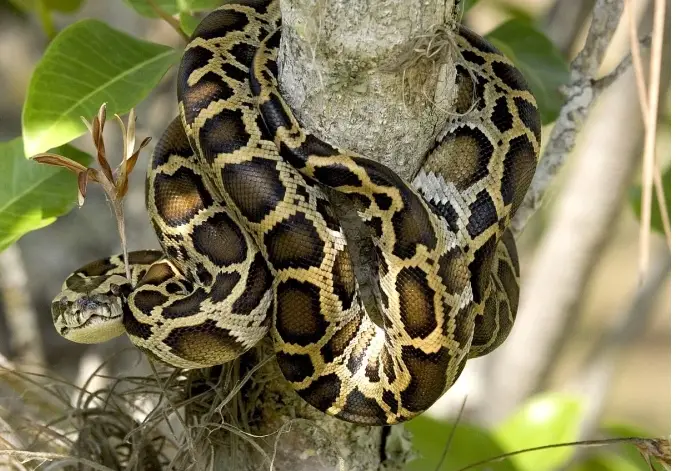
These giant snakes may be easygoing, but they can grow up to 18 feet long and need specialized care. Their size and strength can be a danger to other pets (and even people), and they require large, escape-proof enclosures.
6. Wallaby
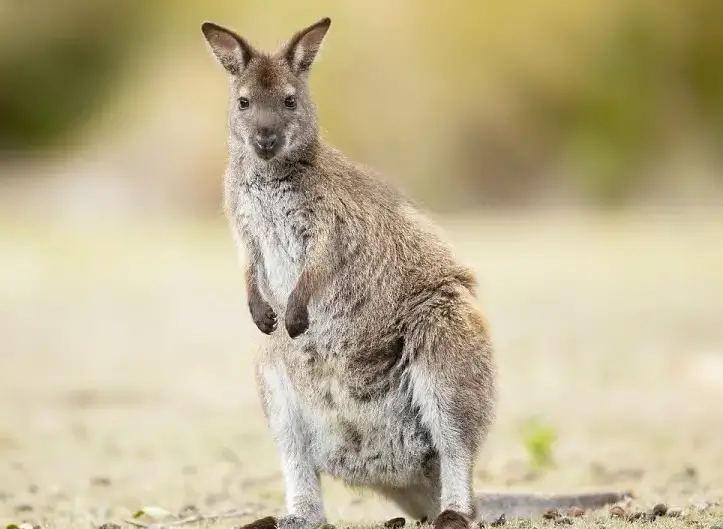
Miniature kangaroos are adorable but hard to house-train and have specific diets that make them difficult pets. Wallabies also need plenty of outdoor space to jump and hop, and they thrive best when paired with others of their kind.
7. Kinkajou
These raccoon-like, tree-dwelling animals are known for their cute faces and playful antics. However, kinkajous are nocturnal, need high humidity, and are prone to biting when startled, which makes them challenging for most homes.
8. Raccoon
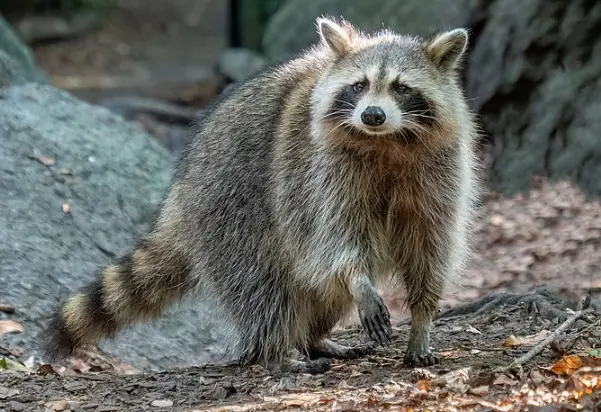
Some people have tried to keep raccoons as pets, but they’re mischievous, love to dig through trash, and can be aggressive if they feel threatened. Plus, they carry diseases that can spread to humans and other animals.
9. Owl
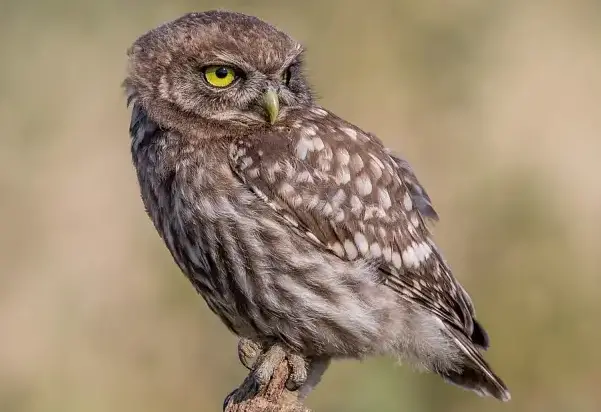
While owls might seem wise and magical, they are nocturnal, highly territorial, and have very specific dietary needs (like a steady supply of mice). Their talons and strong beaks can cause serious injuries, making them better suited for wildlife sanctuaries.
10. Skunk
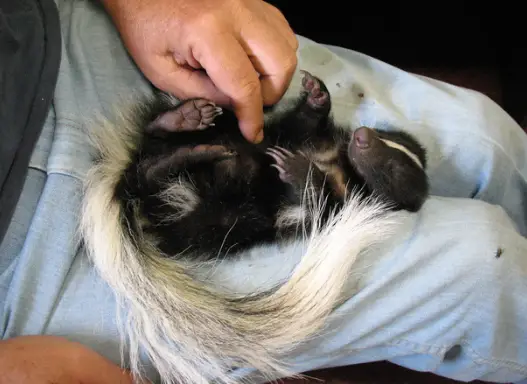
Believe it or not, domesticated skunks exist, and their scent glands can be removed. But skunks are highly curious, prone to digging, and need lots of stimulation to stay happy, which can make keeping them indoors a challenge.
11. Tarantula
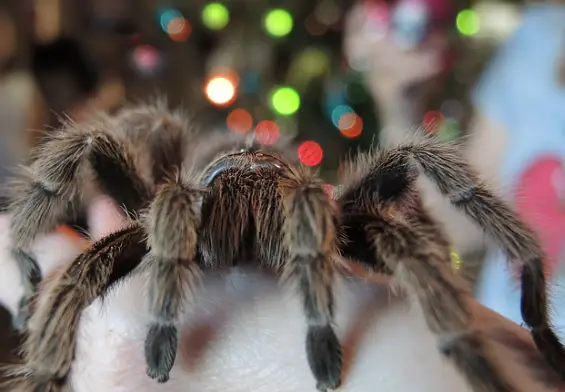
These giant spiders are low-maintenance but can be intimidating to handle. While they’re usually harmless, their bites are painful, and some people find them too creepy to keep around the house. Plus, they’re solitary and rarely bond with humans.
12. Fennec Fox
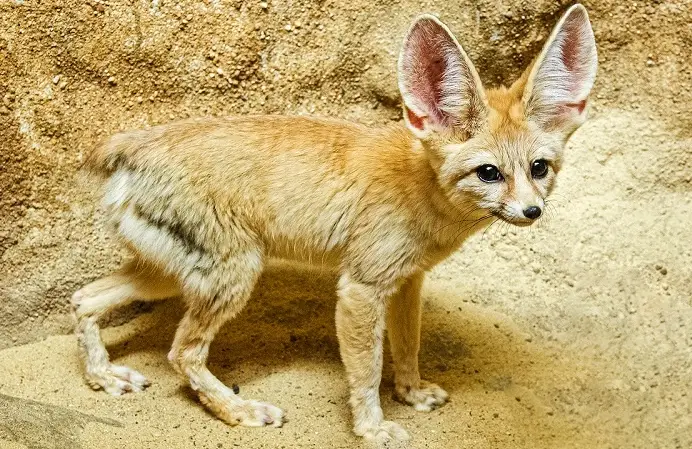
These adorable, big-eared foxes are small and cute but have a high-energy lifestyle that includes digging, climbing, and nocturnal howling. They can be affectionate, but their wild instincts make them challenging indoor pets.
13. Prairie Dog
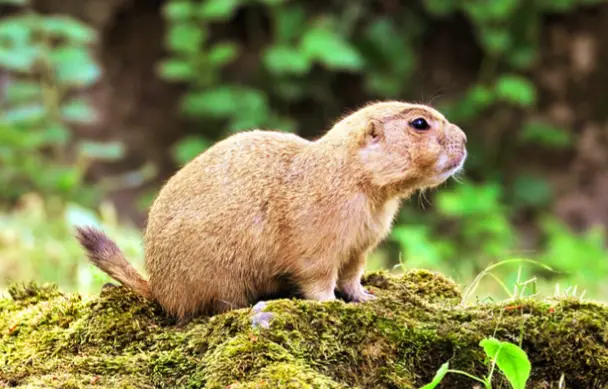
These cute little rodents are highly social and bond closely with their owners. But prairie dogs are known to nip, dig relentlessly, and require complex social interaction that most people can’t provide.
14. Bat
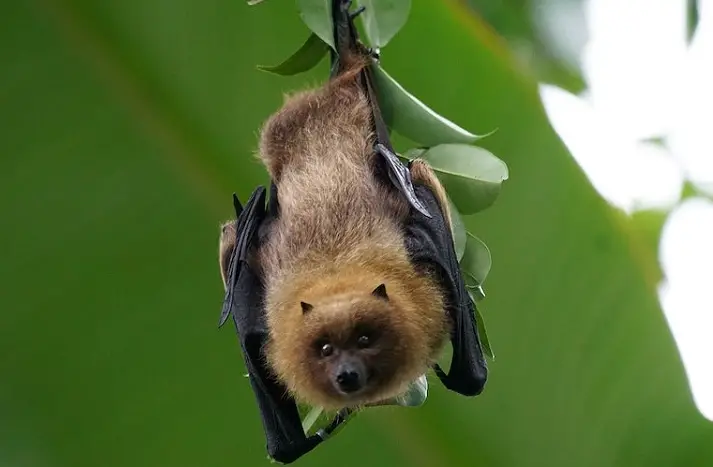
Some people have managed to keep fruit bats as pets, but they’re nocturnal, incredibly messy, and need specialized care and diets. Bats are also prone to spreading diseases, so keeping them indoors is not ideal.
15. Hedgehog
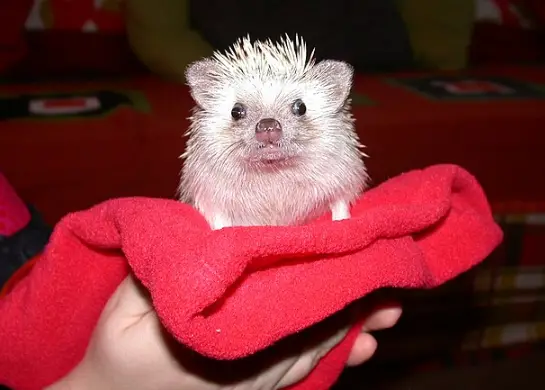
Hedgehogs may seem like the perfect small pet, but they’re nocturnal, require specific diets, and tend to be solitary and shy. Their quills can also be sharp, and they’re prone to various health issues when kept outside their natural habitats.
16. Caiman
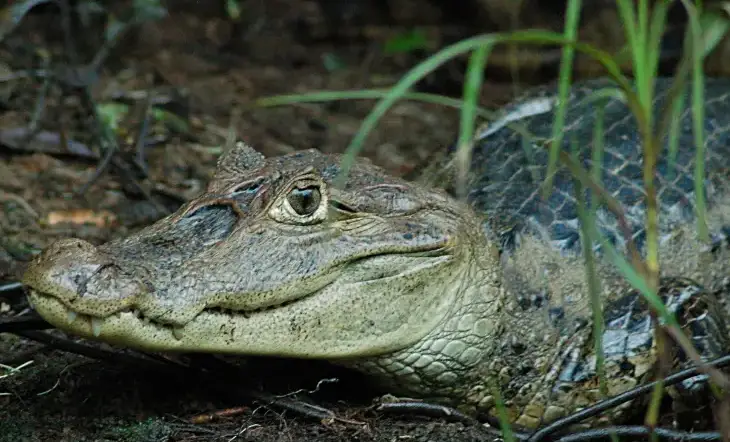
These small crocodilians might look like cool mini-alligators, but they’re still wild animals with a strong bite. Caimans grow up to 5 feet and need a large water habitat, so they’re far from ideal housemates.


